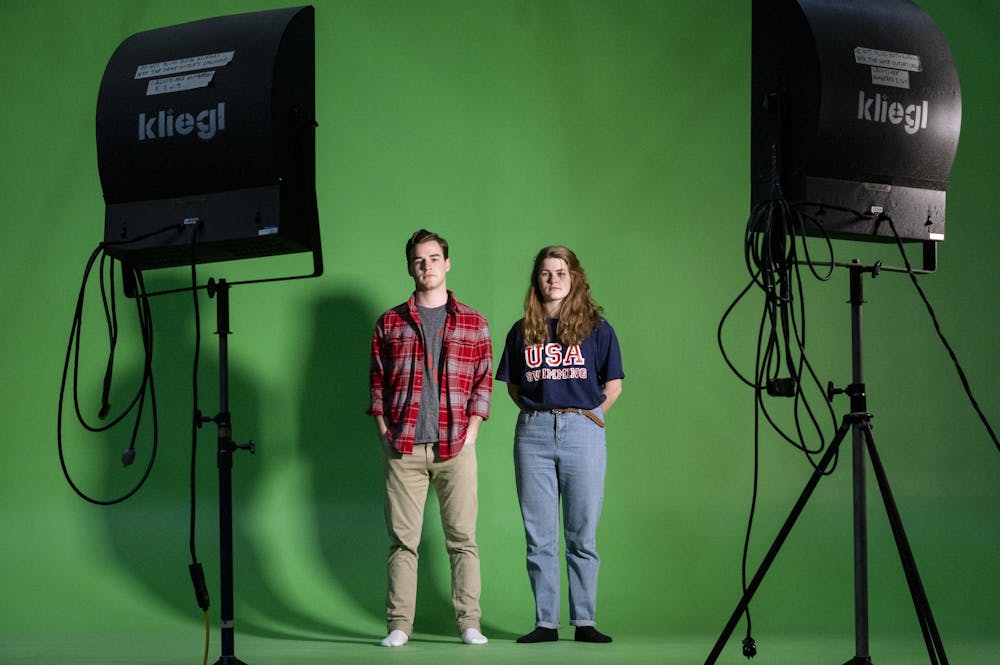The competitive writing for the screen and stage minor is now accepting applications for students seeking hands-on screenwriting experience and a tight-knit community.
The minor is within the UNC Department of Communication, and it focuses on dramatic writing. It is ideal for aspiring writers in the film, theater and television industries.
Any first-year or sophomore student is eligible to apply for the minor. The application opened on Feb. 1, and it is open until March 2.
Michael Acosta, a professor for the minor, said only 18 students are accepted into the minor per class. The program lasts two years, and it prepares students for a screenwriting career through experiential education.
Acosta said this minor is different from the film studies concentration. The film studies concentration in the Department of English and Comparative Literature analyzes film in the context of society and culture.
But the writing for the screen and stage minor teaches the pragmatic screenwriting skills necessary for a job in Los Angeles.
“If you want to be a screenwriter, this is how you write screenplays and how you sell them, analyze them, rewrite them and break them down,” Acosta said.
Each student in the minor completes screenplays for plays and movies in both short and feature-length formats. These screenplays will be revised, and Acosta said they would be ready to present at the professional level by the time students graduate.
“Their portfolio is really packed, and there aren’t a lot of schools that have that, even with BFA programs,” Acosta said. “This is a minor with all that experience packed in.”



